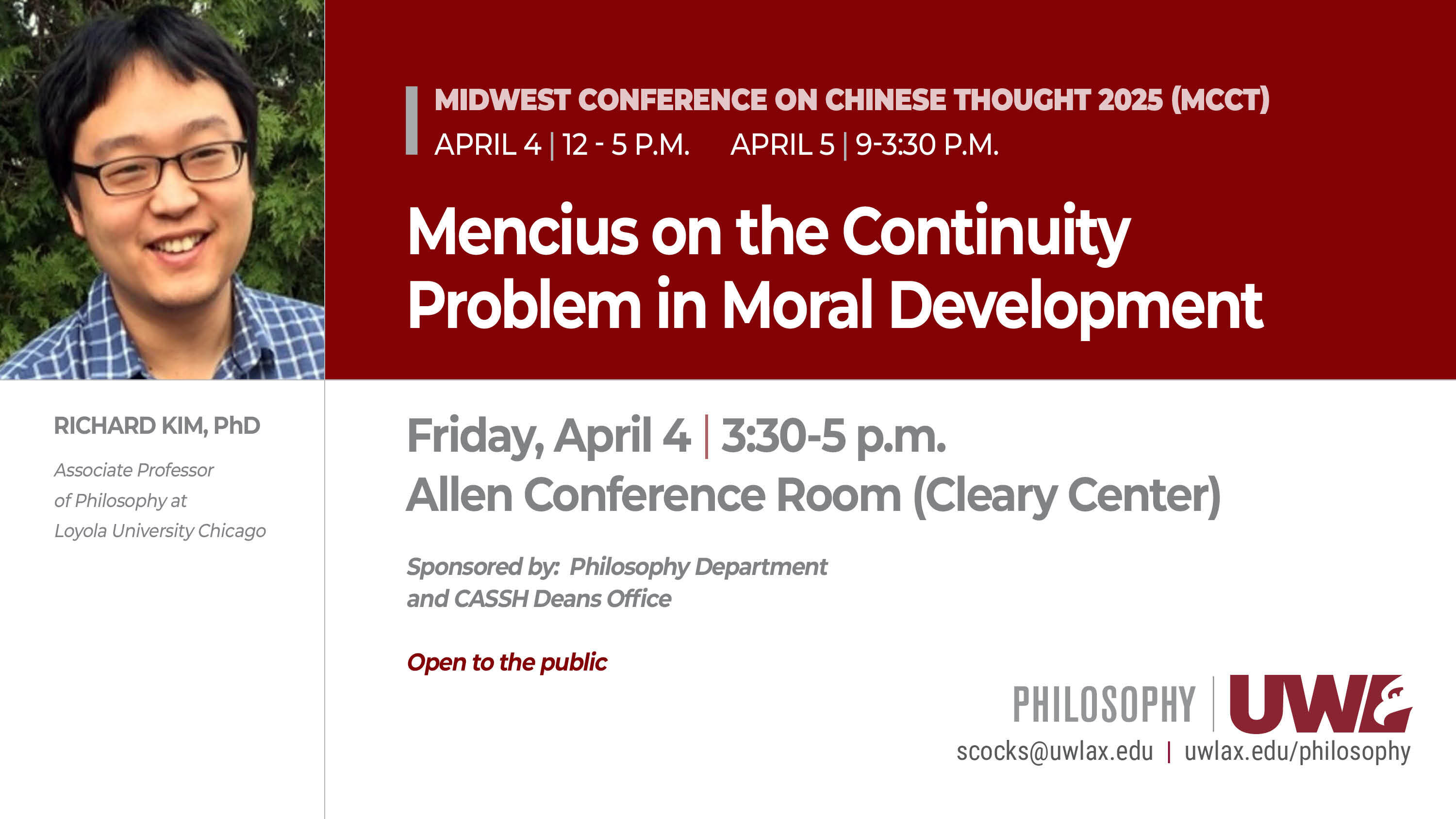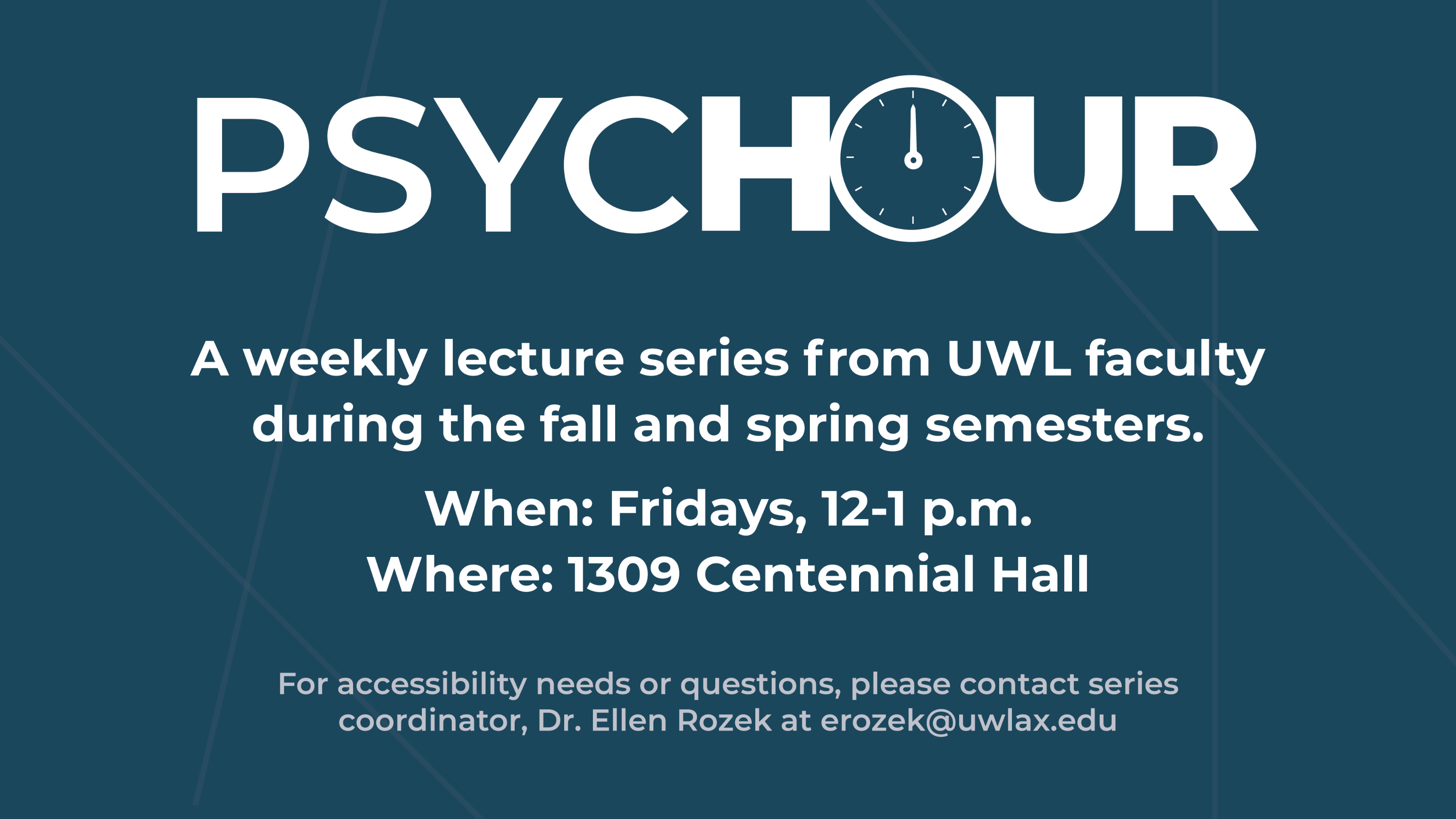Undergraduate program
International & Global Studies
Undergrad minorInternational and Global Studies is an interdisciplinary study of the political, economic, social and cultural issues throughout the world, as well as the increasingly interconnected nature, complexity and diversity of the world community. Students often compare subjects across regions of the world, and develop skills and abilities for meaningful cross-cultural and transnational interactions.











